Kirstenbosch National Botanical Gardens
Kirstenbosch National Botanical Garden is acclaimed as one of the great botanic gardens of the world. Few gardens can match the sheer grandeur of the setting of Kirstenbosch, against the eastern slopes of Cape Town’s Table Mountain.
Kirstenbosch was established in 1913 to promote, conserve and display the extraordinarily rich and diverse flora of southern Africa, and was the first botanic garden in the world to be devoted to a country's indigenous flora. Kirstenbosch displays a wide variety of the unique plant life of the Cape Flora, as well as plants from all the diverse regions of southern Africa, both outdoors and in the Botanical Society Conservatory. There are over 7 000 species in cultivation at Kirstenbosch, including many rare and threatened species.
The Garden covers 36 hectares in a 528 hectare estate that contains protected mountainside supporting natural forest and fynbos along with a variety of animals and birds. Kirstenbosch lies in the heart of the Cape Floristic Region, also known as the Cape Floral Kingdom. In 2004 the Cape Floristic Region, including Kirstenbosch, was declared a UNESCO World Heritage Site – another first for Kirstenbosch, it is the first botanic garden in the world to be included within a natural World Heritage Site.
Visitor Information
Events
Art in the Garden
Garden Maps
History
Geology of the Garden
Natural Vegetation
Research and Conservation
Seasons in the Garden
Take a Virtual Tour
Wildlife and Biodiversity
Operational hours:
Sep - Mar (Summer): Mon - Sun: 08h00 - 19h00
Apr - Aug (Winter): Mon - Sun: 08h00 - 18h00
Conservatory: Mon - Sun: 09h00 - 17h00
Entrance Fees (subject to change):
Adults: R37
SA Students (with card): R25
Children (6-17yrs): R10
Under 6 yrs: Free
BOTSOC Members: Free
SA Senior Citizens (with ID): Free on Tuesdays, except on public holidays
Buy tickets online from Webtickets
Follow Kirstenbosch on Facebook and Twitter.
Kirstenbosch is the largest of a country-wide network of nine National Botanical Gardens administered by the South African National Biodiversity Institute (SANBI).
Our mission is to promote the sustainable use, conservation, appreciation and enjoyment of the exceptionally rich plant and animal life of South Africa, for the benefit of all people.
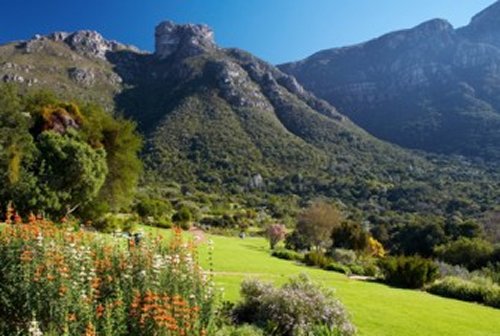
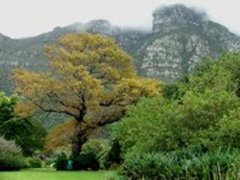 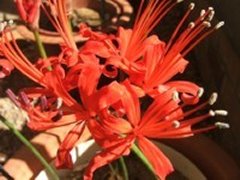 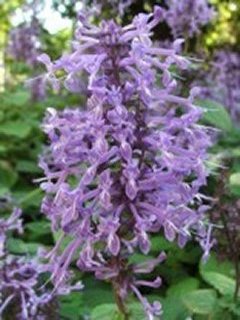 
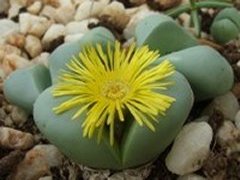 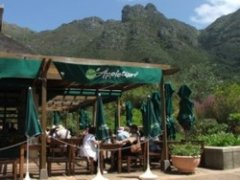
 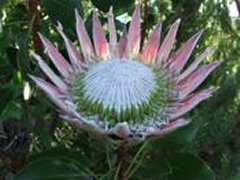
|